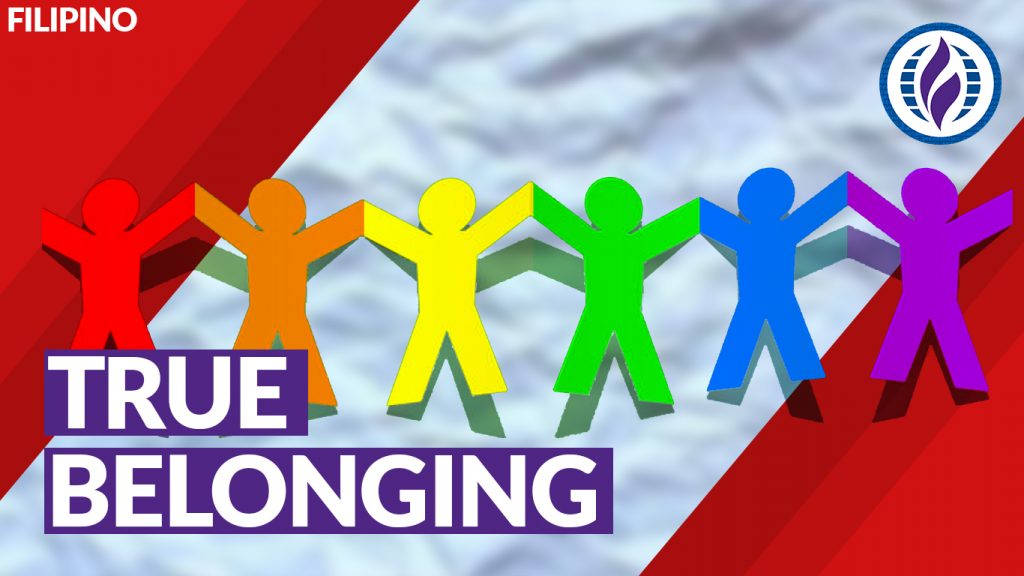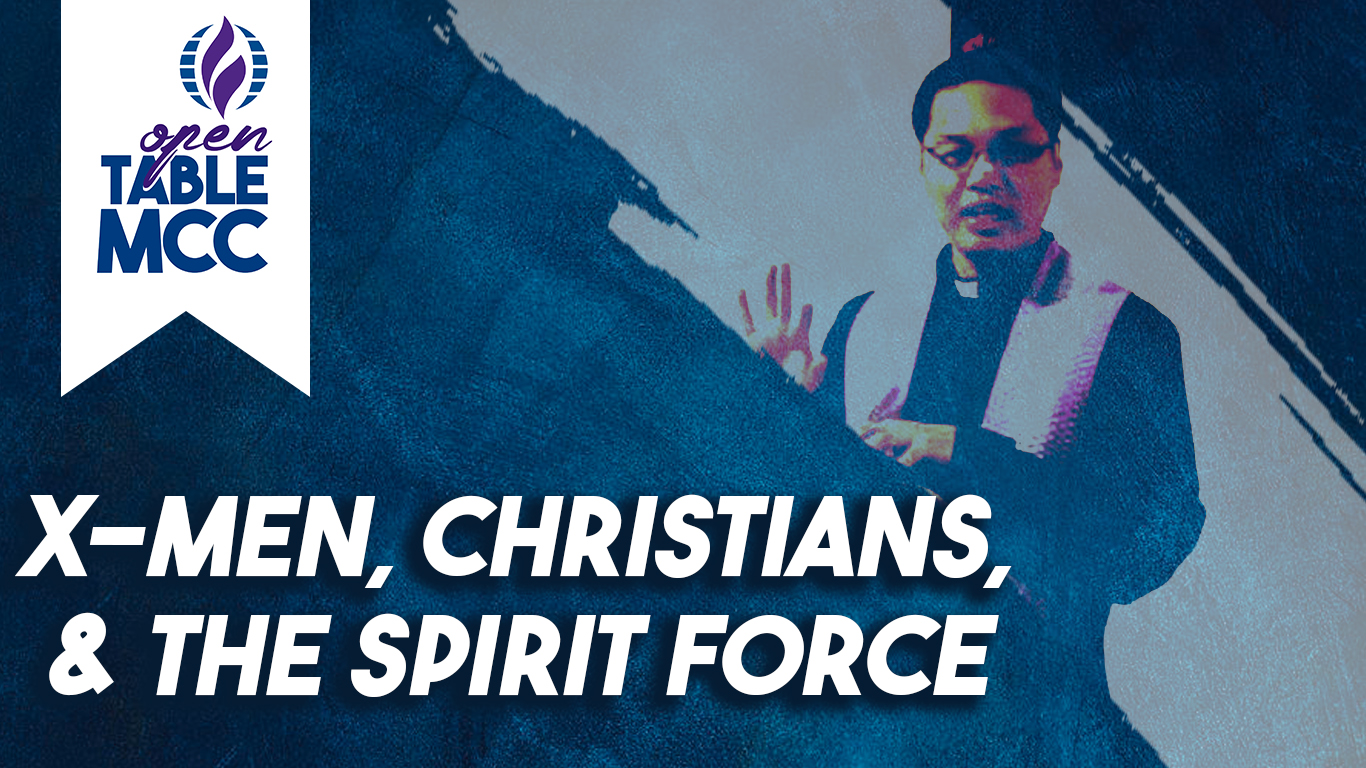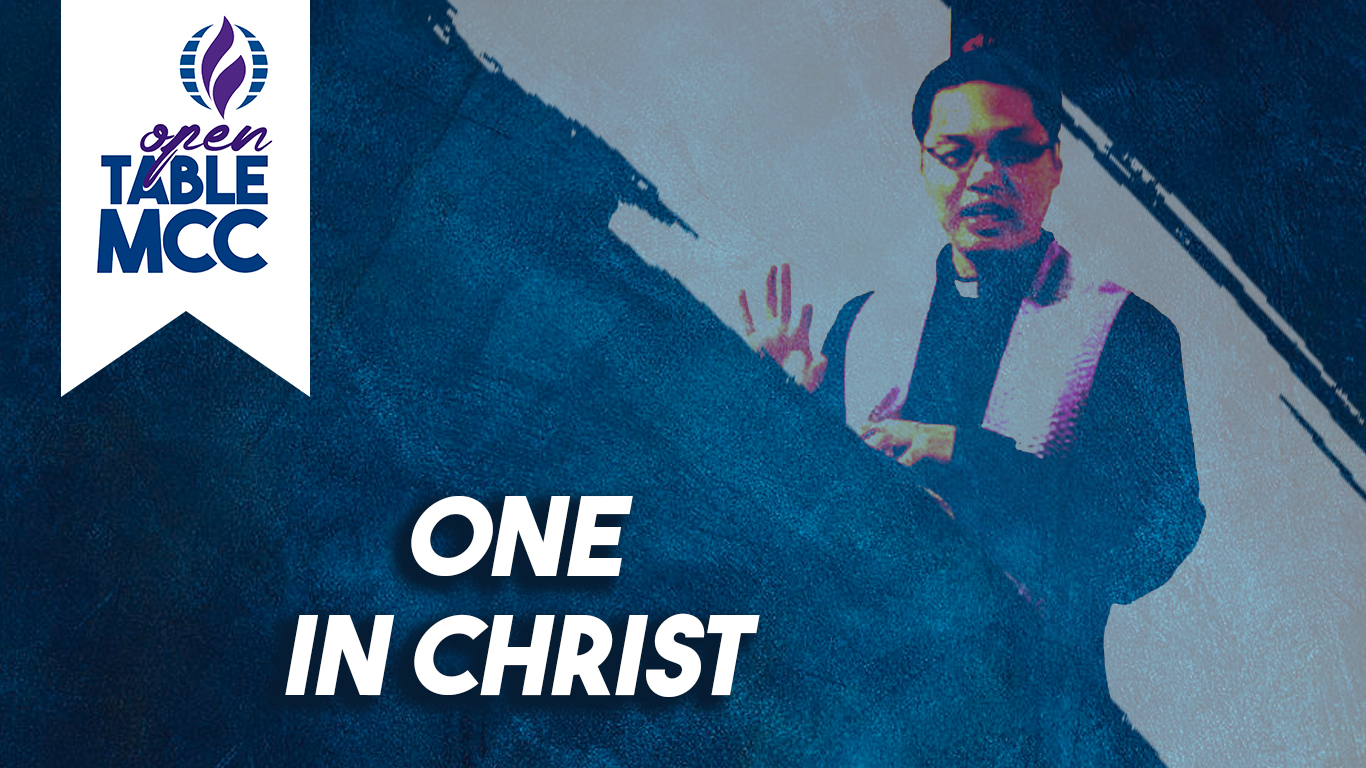When the Feast of Pentecost came, they were all together in one place. Without warning there was a sound like a strong wind, gale force–no one could tell where it came from. It filled the whole building. Then, like a wildfire, the Holy Spirit spread through their ranks, and they started speaking in a number of different languages as the Spirit prompted them.
There were many Jews staying in Jerusalem just then, devout pilgrims from all over the world. When they heard the sound, they came on the run.
Then when they heard, one after another, their own mother tongues being spoken, they were blown away. They couldn’t for the life of them figure out what was going on, and kept saying, “Aren’t these all Galileans? How come we’re hearing them talk in our various mother tongues?
Parthians, Medes, and Elamites; Visitors from Mesopotamia, Judea, and Cappadocia, Pontus and Asia, Phrygia and Pamphylia, Egypt and the parts of Libya belonging to Cyrene; Immigrants from Rome, both Jews and proselytes; Even Cretans and Arabs!
“They’re speaking our languages, describing God’s mighty works!”
Their heads were spinning; they couldn’t make head or tail of any of it. They talked back and forth, confused: “What’s going on here?”
Scripture Reading 1
Acts 2:1-12 (MSG)
You can easily enough see how this kind of thing works by looking no further than your own body. Your body has many parts- limbs, organs, cells–but no matter how many parts you can name, you’re still one body. It’s exactly the same with Christ. By means of his one Spirit, we all said good-bye to our partial and piecemeal lives. We each used to independently call our own shots, but then we entered into a
large and integrated life in which he has the final say in everything. (This is what we proclaimed in word and action when we were baptized.)
Each of us is now a part of his resurrection body, refreshed and sustained at one fountain–his Spirit–where we all come to drink. The old labels we once used to identify ourselves-labels like Jew or Greek, slave or free- are no longer useful. We need something larger, more comprehensive.
I want you to think about how all this makes you more significant, not less. A body isn’t just a single part blown up into something huge. It’s all the different-but-similar parts arranged and functioning together.
If Foot said, “I’m not elegant like Hand, embellished with rings; I guess I don’t belong to this body,” would that make it so? If Ear said, “I’m not beautiful like Eye, transparent and expressive; I don’t deserve a place on the head,” would you want to remove it from the body? If the body was all eye, how could it hear? If all ear, how could it smell? As it is, we see that God has carefully placed each part of the body right where he wanted it.
But I also want you to think about how this keeps your significance from getting blown up into self-importance. For no matter how significant you are, it is only because of what you are a part of. An enormous eye or a gigantic hand wouldn’t be a body, but a monster. What we have is one body with many parts, each its proper size and in its proper place. No part is important on its own. Can you imagine Eye telling Hand, “Get lost; I don’t need you?” Or, Head telling Foot, “You’re fired; your job has been phased out?” As a matter of fact, in practice it works the other way- the “lower” the part, the more basic, and therefore necessary.
You can live without an eye, for instance, but not without a stomach. When it’s a part of your own body you are concerned with, it makes no difference whether the part is visible or clothed, higher or lower. You give it dignity and honor just as it is, without comparisons. If anything, you have more concern for the lower parts than the higher. If you had to choose, wouldn’t you prefer good digestion to full-bodied hair?
The way God designed our bodies is a model for understanding our lives together as a church: every part dependent on every other part, the parts we mention and the parts we don’t, the parts we see and the parts we don’t. If one part hurts, every other part is involved in the hurt, and in the healing. If one part flourishes, every other part enters into the exuberance.
You are Christ’s body- that’s who you are! You must never forget this. Only as you accept your part of that body does your “part” mean anything.
You’re familiar with some of the parts that God has formed in his church, which is his “body Apostles, prophets, teachers, miracle workers, healers, helpers, organizers, those who pray in tongues.
But it’s obvious by now, isn’t it, that Christ’s church is a complete Body and not a gigantic, unidimensional Part? It’s not all Apostle, not all Prophet, not all Miracle Worker, not all Healer, not all Prayer in Tongues, not all Interpreter of Tongues.
Scripture Reading 2
Corinthians 12:12-31 (MSG)
True belonging is a spiritual practice of believing in and belonging to yourself so deeply that you can share your most authentic self with the world and find sacredness in both being a part of something and standing alone in the wilderness. True belonging doesn’t require you to change who you are; it requires you to be who you are.
The only thing we know certain is that on this quest we’ll need to learn how to navigate the tension of many paradoxes along the way, including the importance of being with and being alone.
Contemporary Reading
Braving The Wilderness by Brené Brown
Podcast: Play in new window | Download
Subscribe: Apple Podcasts | Spotify | RSS



